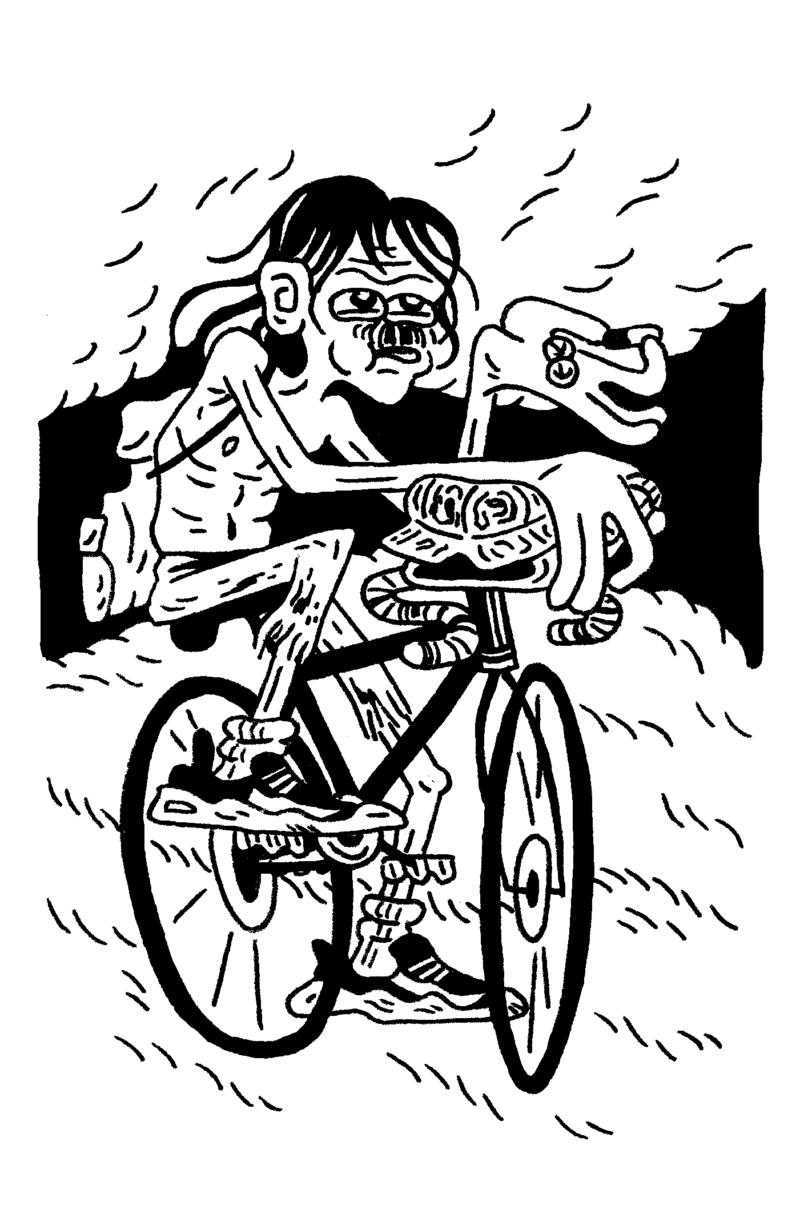If climate change has a face, it’s a fresh one. In a few short years, teenagers have risen to the forefront of radical environmentalism, from Greta Thunberg’s international school-strike movement, to the twenty-one young plaintiffs who sued the US government over its failure to regulate emissions, to outdoors-apparel company Patagonia’s youth-forward ad campaign that cast teens as the high-res faces of our collective doom. Rather than the empty “think of the children” moralism behind most culture wars, this recent strain of activism reflects failure: that of older adults to preserve an inhabitable world for future generations.
Or does it? Certainly, this failure is being perpetrated with every passing second. But who, exactly, are the perpetrators? To cast a generation (or several) in that role risks flattening the landscape of culpability, in which members of older generations are as vulnerable to climate change as their grandchildren—and as far removed from its primary engineers. The pandemic has laid bare the precariousness of scores of seniors, as COVID-19 ripped through nursing homes while government leaders went on about “personal responsibility.” Natural disasters have already decimated living environments for the elderly. The reality is that the young and the old are better positioned as comrades than as adversaries in the fight against ecological destruction. So where is the intergenerational climate coalition?
If Joy Williams’s recent novel, Harrow, holds any clues, that possibility could be right under our noses. In a near future imagined by the cult-favorite fiction writer, with the earth in full-on climate collapse, the elderly are among the few remaining revolutionaries. After an apocalypse scenario, described only as “the harrow,” wipes out much of life on earth, including most nonhuman animals, the surviving society embraces a techno-utopianism that casts the catastrophe as a liberation from the tiresome burden to save the earth. (“We’re free to make our own new innocence now,” notes one civil servant.) The book follows a shell-shocked teen named Khristen as she wanders across this deadened landscape, coming upon an unlikely refuge: a decaying resort occupied by a stalwart band of elderly ecoterrorists who have taken vows of suicide to become “agents of collapse in [a] delicious campaign against the morally colorless and corrupt.” The group manages to operate entirely under the radar because, in a techno-state obsessed with ideals of health and renewal, the sick and the old are “reduced to being only laughably feisty or touchingly grateful...
You have reached your article limit
Sign up for a digital subscription and continue reading all new issues, plus our entire archives, for just $1.50/month.
Already a subscriber? Sign in





